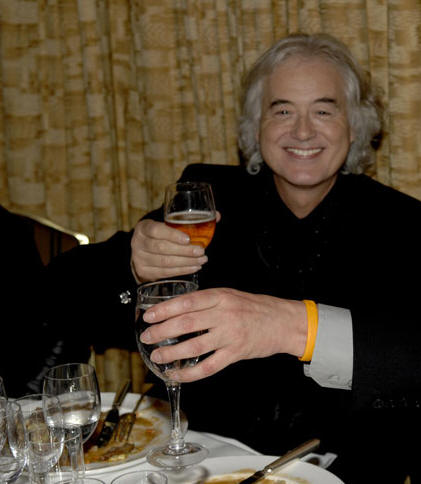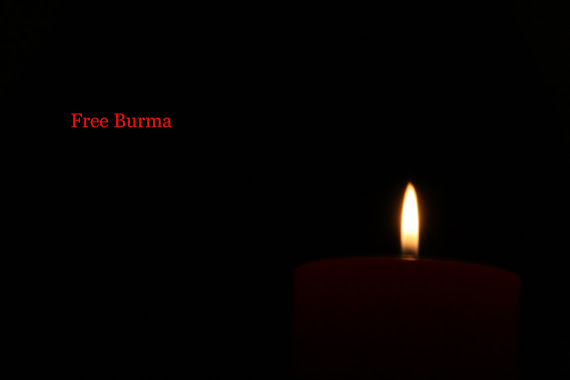A biography of Led Zeppelin - Mick Wall.
I was given this for Christmas (thanks Paula). I'd already had a look at it in a shop but was undecided as to whether to buy it or not. ($35 is a lot of money to me at the moment!)
Mick Wall is a music journalist and has written quite a few music biographies over the years. This is his latest.
I was already familiar with a lot of the content, given that Led Zeppelin has been a favourite of mine since I first heard them back in 1969. A lot of the detail was new to me though. It's not a designed-to-shock book in the manner of
Hammer of the Gods but it does dwell a fair bit on the more controversial aspects of Led Zeppelin - the sex, the drugs, the "black magic". It dwells mostly, however, on the music - the most interesting aspect of the band as far as I'm concerned.
Actually, the chapter on Jimmy Page's interest in the occult, and Aleister Crowley in particular, was the most interesting chapter in the book. I've never really understood what Crowley was all about and Wall presents his philosophies in a clear, concise way. What Jimmy Page's philosophies are is not so clear as he has steadfastly refused to speak about them, beyond the odd brief statement here and there which really shed no great light on the subject.
There's quite a lot of info on the formation of the band, none of which is new, and I found the book to be rather lopsided in that respect. The later years whizz by quite fast in comparison.
The quotes from the band members and various hangers-on, scattered throughout the book, are mostly of the short and sweet type. There's no real in-depth interview material, which is a shame. I would have liked to read more of that rather than someone else's interpretations after the fact.
The structure of the book is odd. At regular intervals Wall inserts italicised "first person" narratives (usually between one and three pages at a time). These are supposed to be presenting the viewpoint of a particular band member and are written in what one assumes is the particular spoken style of whichever person is "speaking" in that passage. What I found most odd about these passages was that they pretty much all go back to the days immediately preceeding the formation of the band. This makes the overall narrative quite disjointed as the reader is constantly being made to flip back to the mid 1960s, regardless of where the rest of the book is up to. I think Wall is trying to present some sort of psychological analysis of Jimmy, Robert Plant, John Bonham, John Paul Jones and Peter Grant (their manager) in these bits. Wall claims that these passages are based on thorough research but he also makes it clear beforehand that they are a product of his own imagination and are not to be taken as the actual words of Led Zeppelin. It's a strange strategy and one I found to be quite distracting after a while.
The actual story of Led Zeppelin is fascinating. A band that came from nowhere in 1968 to become the biggest band in the world by 1972. They did this without a publicist, without releasing singles to gain radio airplay, without following the "usual" path. They started with lots of small gigs across Britain, Europe and the USA to promote an album that was recorded in about 10 days. It sold in the millions (as did all of their records).
It was purely and simply the music and the fans which generated the phenomenon that was Led Zeppelin. Word of mouth was the driving force. It only took one tour of the US to see them headlining the next time around.
By 1975 the band was at its peak but it was all downhill from there. It was the archetypal story of sex'n'drugs'n'rock'n'roll. The drugs in particular had a negative effect after a while. Jimmy Page denies this, claiming the drugs were an integral part of the whole thing - creatively and recreationally. I don't think he was always really in a position to judge though, being a full-blown junkie by 1977. John Bonham seems to be the other one to have really succumbed. He was an alcoholic anyway and, supplemented with copious amounts of cocaine and heroin, he apparently became quite an unpleasant person in the later years. He ultimately died in September 1980 after a day of heavy drinking.
The band called it quits as a result. John Bonham, for all his faults, was an awesome drummer, probably the best there's been, and he just couldn't be replaced.
There's a brief, final chapter on life after Led Zeppelin which brings things right up to 2008.
Jimmy Page, it should be noted, no longer takes drugs, drinks only alcohol-free beer and doesn't even smoke cigarettes anymore. He turns 65 tomorrow.






